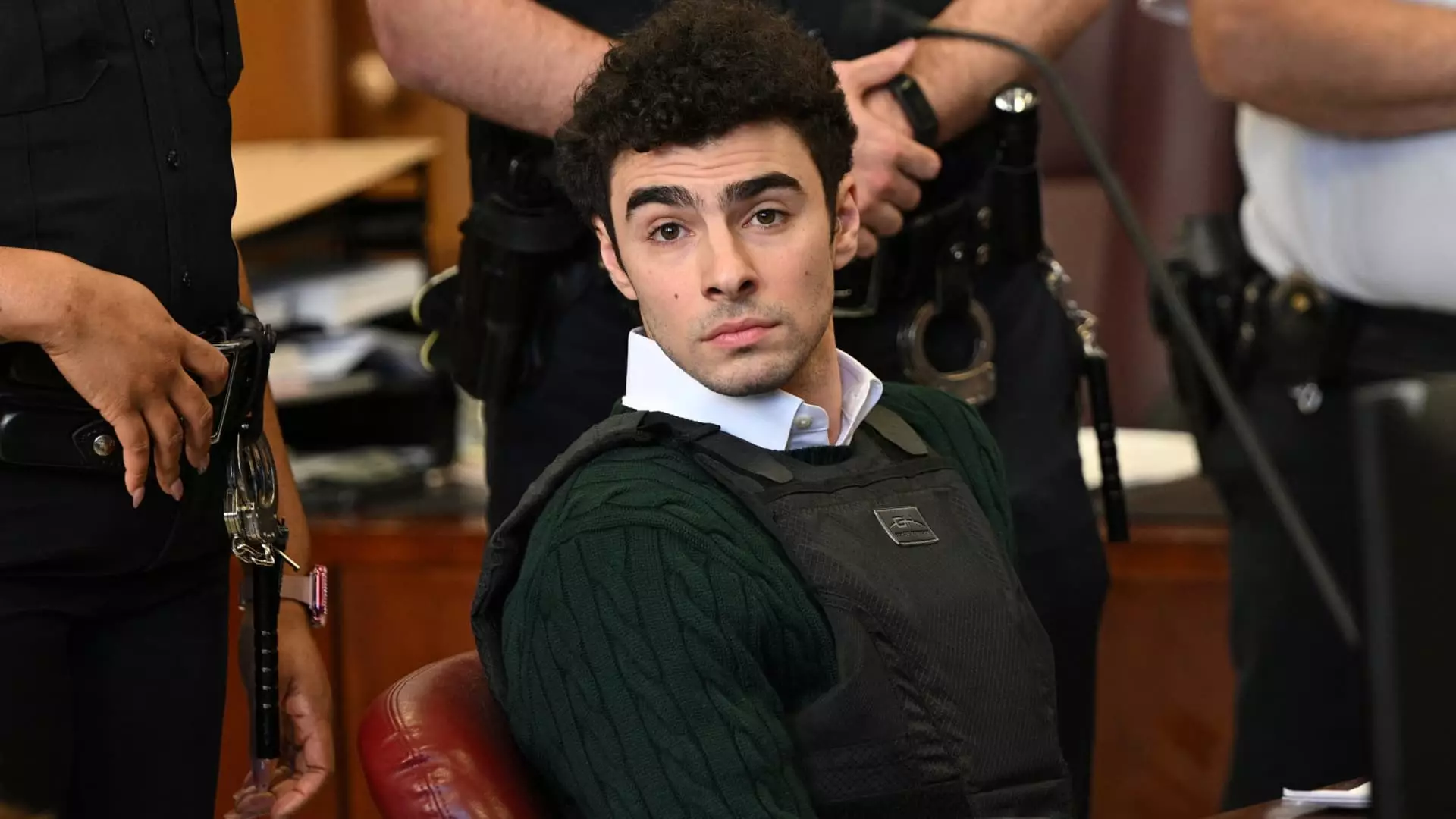In a chilling turn of events in New York, Luigi Mangione has been charged with the murder of Brian Thompson, the CEO of UnitedHealthcare. The accusation is more than just a simple allegation of murder; it embodies the terrifying intersection of personal vendettas and ideological extremism. This incident, where a man seems to have acted out of a deeply entrenched hatred for the health insurance sector, raises critical questions about the nature of violence in our society. No longer just a crime of passion, this murder allegedly stemmed from a well-planned ideological statement intended to send shockwaves through an entire industry.
Mangione’s decision to shoot Thompson while he was walking into a public venue reveals a calculated malice that transcends traditional motives for criminal behavior. The accusation that he sought to amplify a political message through murder hints at a new breed of violence motivated by ideology rather than disdain for an individual. Such a tactic not only necessitates a deranged mindset but also presents a grave danger to societal stability, as it suggests that violent actions can be rationalized as a form of protest.
Pushing the Limits of Due Process
The prosecution’s intention to seek the death penalty highlights an ongoing debate surrounding capital punishment in cases of ideologically driven violence. The Justice Department, led by U.S. Attorney General Pam Bondi, argues that Mangione is a significant threat to society, emphasizing the need for the harshest possible punishment. This raises the uncomfortable question: does the severity of a crime warrant an equally severe response, regardless of the individual’s intentions? Critics often argue that capital punishment fails to serve as an effective deterrent and permeates systemic biases.
Mangione’s defense, on the other hand, has invoked serious concerns about the integrity of due process. They claim that Bondi’s public statements have unduly influenced potential jurors, compromising the fairness of what should be an impartial judicial process. They’re not wrong to raise this alarm. The mixture of public sentiment and criminal justice can lead to a spectacle, where morality hijacks legality, leaving little room for a fair examination of facts.
The Ripple Effect of Violence
Violent acts driven by ideology pose an undeniable risk: they run the potential for inspiring copycats. By framing his actions as a political statement, Mangione creates a dangerous precedent. There is an implicit message in using lethal violence as a means to advocate for change, and that message resonates far beyond the courtroom. When violence is couched in ideological fervor, it becomes a tool, providing misguided individuals the rationale to engage in similarly horrific actions under the guise of moral justification.
With societal divisions deepening, the idea of targeting an entire industry as a means of protest risks normalizing such extreme actions. It presents a future where disagreements over policy are no longer confined to debates and ballots, escalating instead into the realm of violence. As a society, we must grapple with this reality. The line between activism and extremism becomes perilously thin when ideologies lead individuals to view others as targets rather than fellow citizens.
The Moral Dilemma of the Death Penalty
Faced with the possibility of capital punishment for Mangione, we must confront our ethical stance on the state-sanctioned death penalty. Many advocate for its abolition, citing its flawed implementation and potential for irreversible error. In this case, one can’t help but acknowledge the humanity of both Mangione and Thompson, lost to a tragic conflict. While Thompson’s life was callously extinguished, can further violence through capital punishment serve as a justifiable solution?
Rather than seek vengeance through lethal injection, we could focus on exploring underlying societal issues that spawn such violence. Perhaps it’s time to critically assess the systemic gaps in our health insurance system that can drive individuals to such extremes. While Mangione’s actions are reprehensible, if we are to prevent further tragedies, it is imperative that we seek a comprehensive approach that addresses the root causes rather than merely the surface symptoms of ideological rage.
The stakes of this case are undoubtedly high, and the implications profound. We stand at a crossroads where our legal responses will define not only the future of capital punishment but also the societal fabric itself.


Leave a Reply